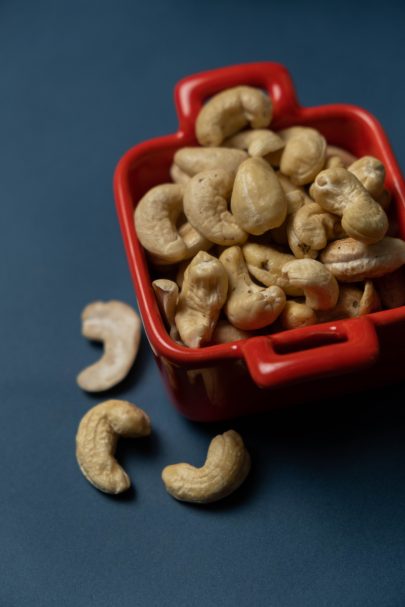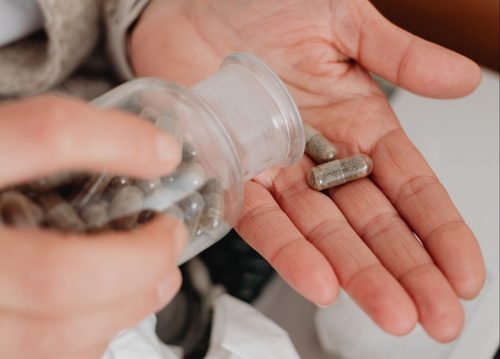When it comes to boosting your immune system to brace the brunt of winter, there’s one unsung hero that often flies under the radar but deserves its place in the spotlight. We’re talking about zinc!
Let’s get into what zinc is and the benefits of taking zinc in winter:
What is Zinc?
Zinc is an essential nutrient commonly found in plants and in supplement form. Due to our bodies not producing zinc naturally, food and supplements are our main sources for keeping zinc reserves in check.
From your immune system to your reproductive system, here’s why since is an unsung hero, especially in winter:
Immune hero
When it comes to fighting off winter colds and flu, a strong immune system is our best defense. Zinc is a vital nutrient that supports the functioning of the immune system. From aiding in the production and activation of immune cells to enhancing the body’s ability to combat infections – zinc swoops in for the rescue.
Skin woes
The dry, harsh weather conditions that can really wreak havoc on our skin. From chapped lips to rough, irritated skin, the skin barrier will get disrupted. But never fear when zinc is near.
Zinc aids in collagen synthesis, wound healing, and protects against oxidative damage. Including zinc in your winter skincare routine can promote a healthy, hydrated complexion and protect your skin from the elements.

Pexels
ALSO SEE: 5 winter skincare tips for acne prone skin
Mood support
The gloomy atmosphere of winter is enough to make us pull out our passports and vacate to a tropical climate.
With shorter daylight hours and reduced sun exposure, our moods can become impacted, but this is where zinc steps in. Zinc is involved in neurotransmitter regulation, particularly serotonin, which is known as the ‘feel-good’ hormone. By ensuring adequate zinc intake, we can support our mental well-being during the winter months.

A strong respiratory system
Respiratory illnesses such as bronchitis, pneumonia, and sinus infections has been floating in the air recently. With added zinc – this can be prevented. Zinc supports the structure and function of the lungs, enhances the activity of antioxidants, and reduces inflammation.
Seasonal hair loss
Many individuals experience increased hair shedding during the winter and zinc is essential for healthy hair growth and maintenance. It helps in the production of keratin, the protein that makes up our hair strands, and aids in scalp health.
Ensuring adequate zinc levels can support healthy hair growth and minimise seasonal hair loss, allowing us to enjoy luscious locks even during the colder months.
ALSO SEE: Understanding Hair Loss
Packing zinc into your diet
A zinc deficiency can lead to a weakened immune system, problems with growth and development, skin disorders such as acne, and difficulty healing wounds, as well as poor appetite and hair loss.
Luckily, it’s relatively easy to pack zinc into your diet, and you actually don’t need much of it.
These foods are great sources of zinc:
- Pumpkin seeds.
- Oats.
- Oysters.
- Crab.
- Chickpeas.
- Cashew nuts.

As winter temperature continue to drop, make sure to include zinc-rich foods into your diet or consult your healthcare professional for zinc supplements if needed.
ALSO SEE:
Feature Image: Pexels

